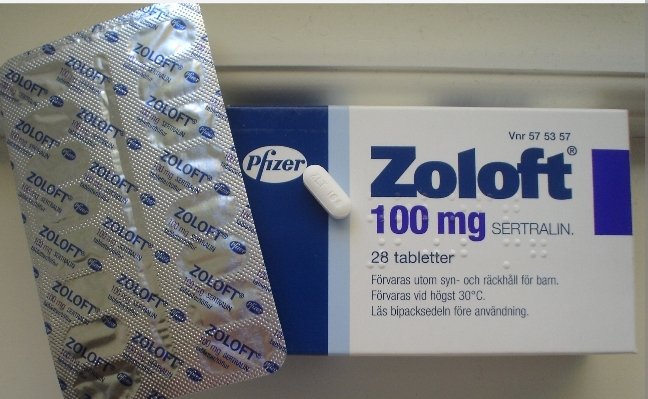
In today’s fast-paced world, mental health concerns have become increasingly prevalent. As a result, medications like Zoloft (sertraline) are commonly prescribed to help manage conditions like depression and anxiety. However, it’s essential to be informed about potential interactions between Zoloft and alcohol, as combining the two can have significant effects on both physical and mental well-being.
Zoloft and Its Mechanism of Action
Zoloft is a widely used antidepressant that falls under the category of selective serotonin reuptake inhibitors (SSRIs). It works by increasing the levels of serotonin in the brain, which helps regulate mood and emotions. Zoloft is known to alleviate symptoms of depression and anxiety by restoring the balance of neurotransmitters. While it’s effective on its own, combining it with alcohol can lead to adverse outcomes.
Effects of Mixing Zoloft and Alcohol
Mixing Zoloft and alcohol can interfere with the intended effects of both substances. Alcohol is a central nervous system depressant that can exacerbate the symptoms Zoloft is meant to alleviate. The sedative effects of alcohol can counteract the antidepressant’s positive impact, potentially worsening mood disorders. Additionally, alcohol can impair cognitive function and decision-making, which can be particularly dangerous for individuals on Zoloft.
Potential Risks and Dangers
1. Reduced Medication Efficacy: Alcohol can hinder Zoloft’s effectiveness, making it less capable of managing symptoms. This could lead to prolonged periods of distress and inadequate treatment outcomes.
2. Increased Side Effects: Zoloft already comes with potential side effects such as nausea, dizziness, and fatigue. Mixing it with alcohol may intensify these symptoms, making daily functioning challenging.
3. Serotonin Syndrome: Although rare, combining Zoloft and alcohol can increase the risk of serotonin syndrome—a potentially life-threatening condition characterized by symptoms like rapid heart rate, high blood pressure, and even seizures.
4. Impaired Judgment: Alcohol’s influence on cognitive abilities can result in poor decision-making. Individuals may neglect their prescribed dosage, inadvertently skipping doses or taking more than recommended.
Expert Recommendations
Healthcare professionals universally advise against mixing Zoloft and alcohol. Patients should prioritize their well-being by adhering to their prescribed medication regimen and avoiding alcohol consumption. Open communication with a healthcare provider is crucial to address concerns, potential interactions, and alternative coping strategies for managing stress.
In the journey toward better mental health, it’s essential to make informed choices that support overall well-being. Mixing Zoloft and alcohol can compromise the efficacy of treatment and potentially lead to adverse health effects. Remember, seeking professional medical advice is paramount before making any decisions regarding medication and lifestyle choices. By staying informed and following medical recommendations, individuals can pave the way for a healthier and happier life.